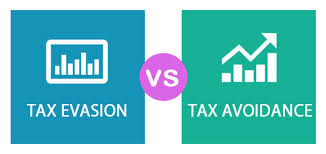EPS vs EPF: How to Maximize Your Retirement Savings with the Right Choice
Here are some factors to consider when choosing between EPS vs EPF:
Financial Goals: If your priority is to build a substantial corpus for retirement and have flexibility in accessing funds for various needs, EPF might be a better option. However, if you prioritize a regular income post-retirement, EPS could be more suitable.
Risk Tolerance: EPF offers greater flexibility and control over your retirement savings, whereas EPS provides a fixed pension amount, which may or may not keep pace with inflation. Consider your risk tolerance and preference for guaranteed income versus market-linked returns.
Employer Contribution: Both EPF and EPS involve contributions from both the employee and the employer. Evaluate the contribution rates and employer's policies regarding these schemes.
Tax Implications: Both EPF and EPS offer tax benefits. EPF contributions are eligible for tax deductions under Section 80C of the Income Tax Act. Pension received from EPS is taxable as income.
Long-Term Financial Planning: Consider your long-term financial needs and the role these schemes play in your overall retirement planning strategy.
Ultimately, the best option depends on your individual financial situation, risk appetite, and retirement goals. It's advisable to consult with a financial advisor who can assess your specific circumstances and provide personalized advice.
.jpeg)


Comments
Post a Comment